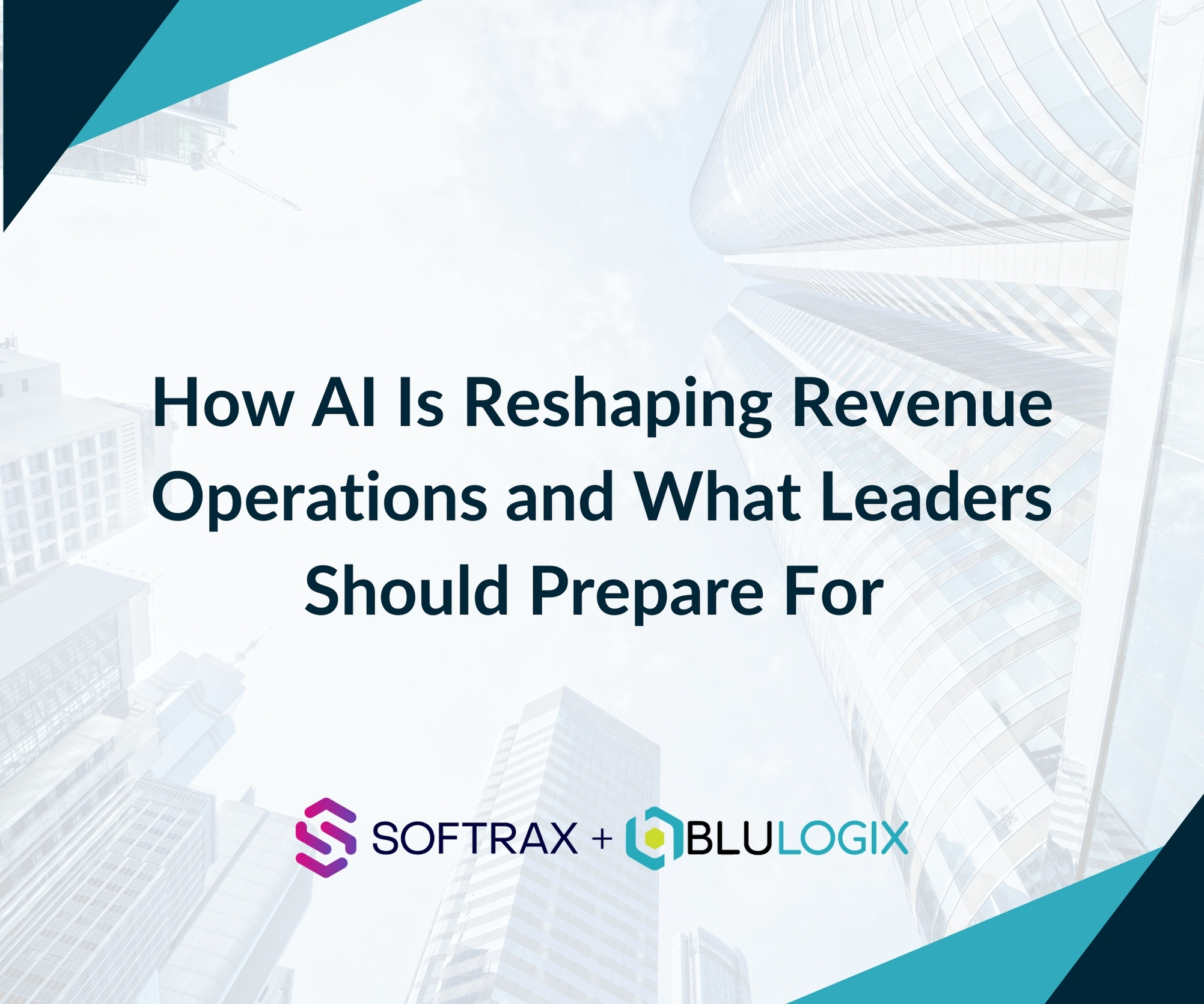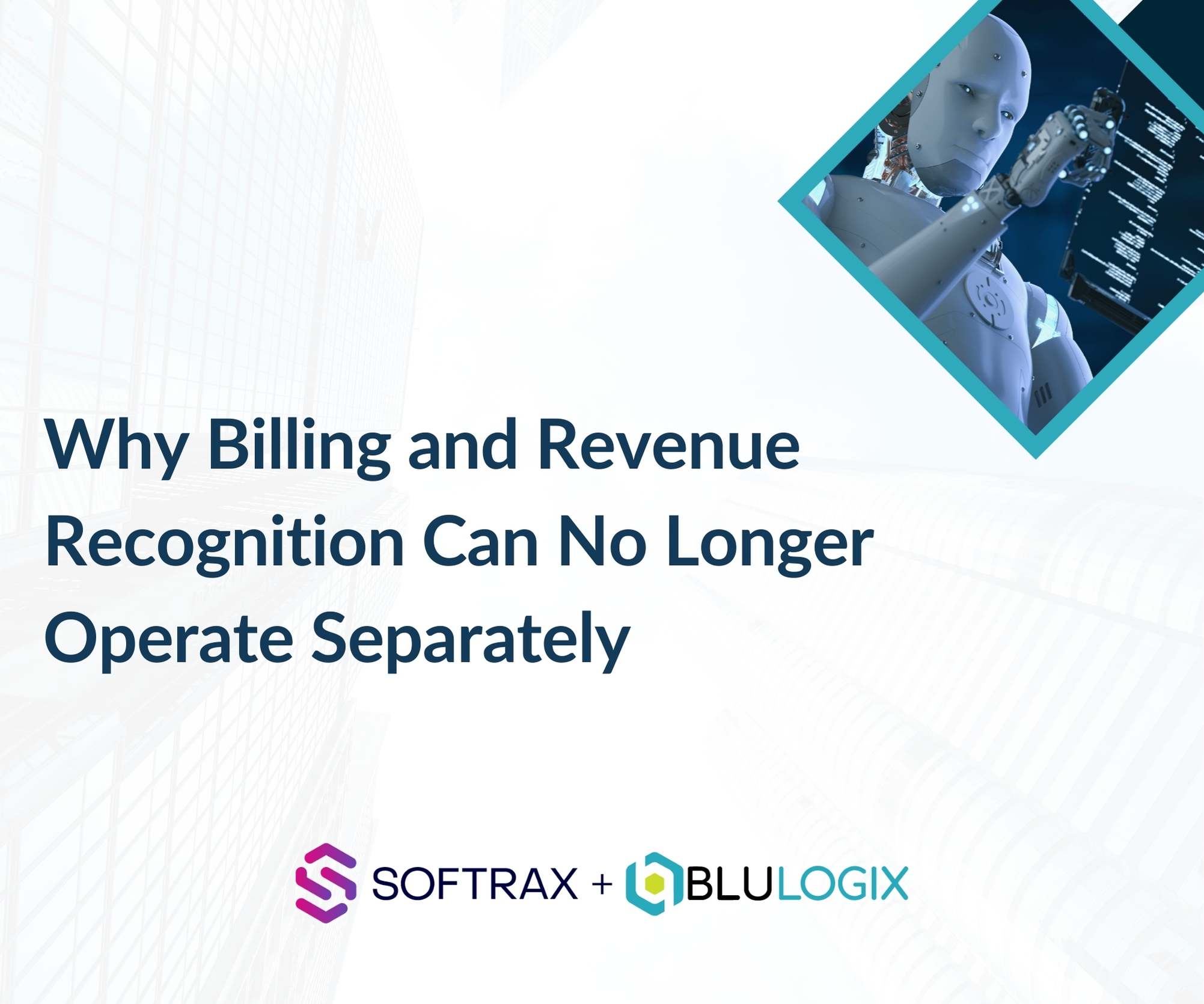See why growth companies choose BluIQ
The Ultimate in Flexibility and Scalability for Subscription Management and Billing.

BluIQ is a configurable platform that bridges the gaps between your CRM, ERP and related business processes.

Customize Your Monetization Platform Quickly and Cost-Effectively.

The Ultimate Flexibility and Scalability to Process Complex Data Staging & Mediation Scenarios with Ease

End-to-end Integration for Seamless Order Activation and Provisioning

BluLogix Chargeback & Cost Recovery for Public Sector and Enterprise Organizations

BluIQ gives you reporting, intelligence and insights in one package.

Empowering Ecommerce, Self-Management, and Seamless Renewals with Channel Support


Lessons, observations and insights for the subscription business

How BluIQ helps our customers’ subscription businesses successfully grow

The latest news and analyst reports on the Software-as-a-Service and Subscription industry

Attend an event near you to connect, learn, and gain inspiration.

The best companies in the world trust BluLogix for all of their billing needs

A collection of recorded webinars and videos on Software-as-a-Service and Subscription Management

Details on BluIQ subscription management and billing platform specifications

Subscription and Software-as-a-Service guides with actionable insights

Why Top Companies Choose BluLogix
The subscription economy is not just a trend—it’s a transformative shift in how businesses operate and generate value. Managed Service Providers (MSPs) are at the forefront of this evolution, leveraging recurring revenue models to build deeper customer relationships and drive growth. As we look towards 2025 and beyond, the subscription economy will continue to evolve, presenting both opportunities and challenges for MSPs. To thrive in this environment, MSPs must be willing to embrace change, leverage new technologies, and evolve their monetization strategies to stay ahead of the competition.
In this blog post, we will explore the key trends that will shape the subscription economy in 2025, how MSPs can leverage these trends, and what steps they can take to ensure sustained growth and profitability.
The subscription economy is built on a foundation of flexibility and adaptability, and MSPs must be ready to embrace change to remain competitive. As customer expectations shift and new technologies emerge, MSPs must be proactive in adopting innovations that improve their service delivery, streamline operations, and enhance customer experiences.
AI is set to play a significant role in the future of the subscription economy. From automating repetitive tasks to providing personalized customer recommendations, AI can help MSPs optimize their operations and improve the customer experience. AI-driven analytics can provide insights into customer behavior, helping MSPs make data-driven decisions about pricing, service offerings, and marketing strategies.
Real-time analytics will continue to be a critical component for MSPs in 2025. Customers expect transparency, and real-time data allows MSPs to provide that transparency while making informed decisions quickly. Real-time analytics can help MSPs monitor service usage, identify opportunities for upselling, and address customer issues before they escalate. By leveraging real-time data, MSPs can enhance the value they provide to customers and build stronger relationships.
Automation will be essential for managing the complexities of the subscription economy. From billing and provisioning to customer support, automation can help MSPs streamline their processes, reduce costs, and improve accuracy. By automating repetitive tasks, MSPs can free up their teams to focus on strategic activities that drive growth and innovation.
Advanced analytics tools provide MSPs with the ability to not only track customer behavior but also predict future trends and respond proactively. By leveraging advanced analytics, MSPs can move beyond reactive decision-making and instead use data to anticipate customer needs, optimize pricing models, and make strategic investments in new technologies.
Real-time analytics allows MSPs to optimize pricing models based on customer demand, market conditions, and usage patterns. By using data to adjust pricing dynamically, MSPs can maximize revenue while ensuring that customers are getting the value they expect. Advanced analytics can also help identify opportunities for bundling services or creating promotional offers that drive additional revenue.
Analytics can also be used to optimize resource allocation. By understanding how services are being used and forecasting future demand, MSPs can allocate resources more effectively to ensure they are meeting customer needs. This helps avoid over-provisioning or under-provisioning, both of which can impact profitability and customer satisfaction.
Advanced analytics provides the data MSPs need to develop effective long-term strategies. By analyzing historical data and understanding current trends, MSPs can make informed decisions about which services to invest in, which markets to expand into, and how to differentiate themselves from competitors. Real-time analytics provides a clear picture of what is happening now, while predictive analytics helps MSPs plan for the future.
Conclusion
In a rapidly changing business environment, real-time analytics is a critical tool for Managed Service Providers looking to stay ahead of the competition. Traditional billing systems, with their limited analytics capabilities, are no longer enough to meet the demands of today’s market. By embracing real-time analytics, MSPs can gain a deeper understanding of customer behavior, optimize their service offerings, and make proactive, strategic decisions that drive growth and profitability.
In our next post, we will explore how MSPs can leverage automation and real-time analytics to personalize customer interactions and create a more engaging customer experience. Stay tuned to learn more about how data and technology can help you keep customers happy and loyal.



| Cookie | Duration | Description |
|---|---|---|
| cookielawinfo-checbox-analytics | 11 months | This cookie is set by GDPR Cookie Consent plugin. The cookie is used to store the user consent for the cookies in the category "Analytics". |
| cookielawinfo-checbox-functional | 11 months | The cookie is set by GDPR cookie consent to record the user consent for the cookies in the category "Functional". |
| cookielawinfo-checbox-others | 11 months | This cookie is set by GDPR Cookie Consent plugin. The cookie is used to store the user consent for the cookies in the category "Other. |
| cookielawinfo-checkbox-necessary | 11 months | This cookie is set by GDPR Cookie Consent plugin. The cookies is used to store the user consent for the cookies in the category "Necessary". |
| cookielawinfo-checkbox-performance | 11 months | This cookie is set by GDPR Cookie Consent plugin. The cookie is used to store the user consent for the cookies in the category "Performance". |
| viewed_cookie_policy | 11 months | The cookie is set by the GDPR Cookie Consent plugin and is used to store whether or not user has consented to the use of cookies. It does not store any personal data. |
The Ultimate in Flexibility and Scalability for Subscription Management and Billing.
